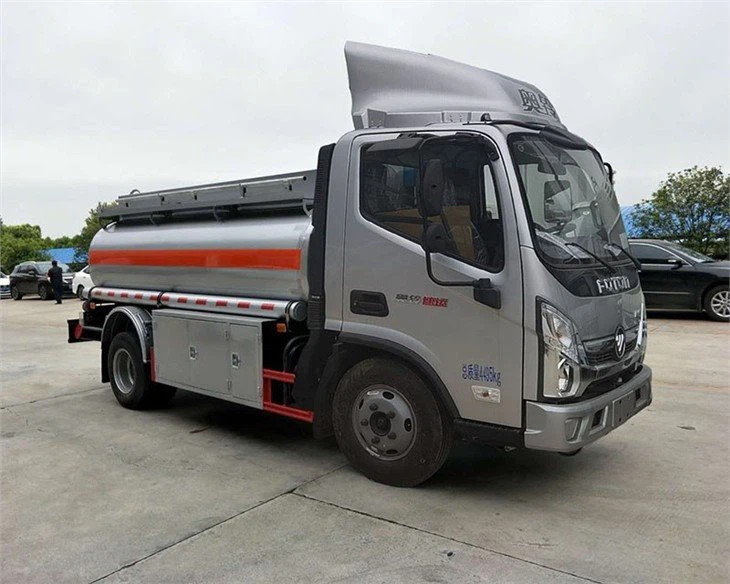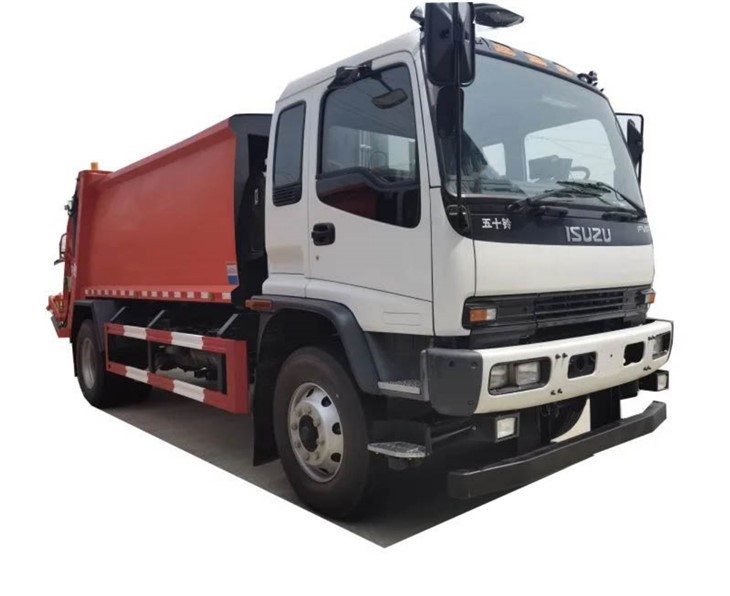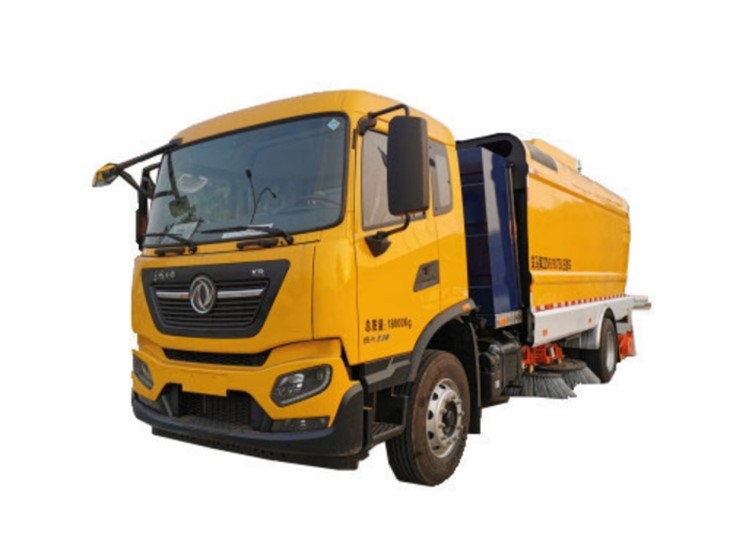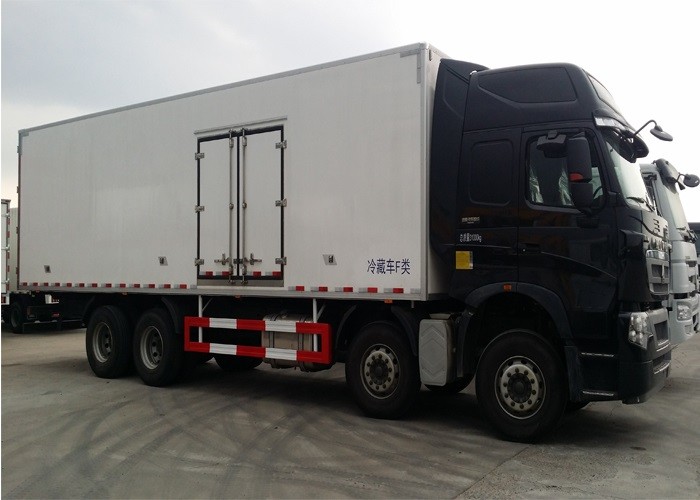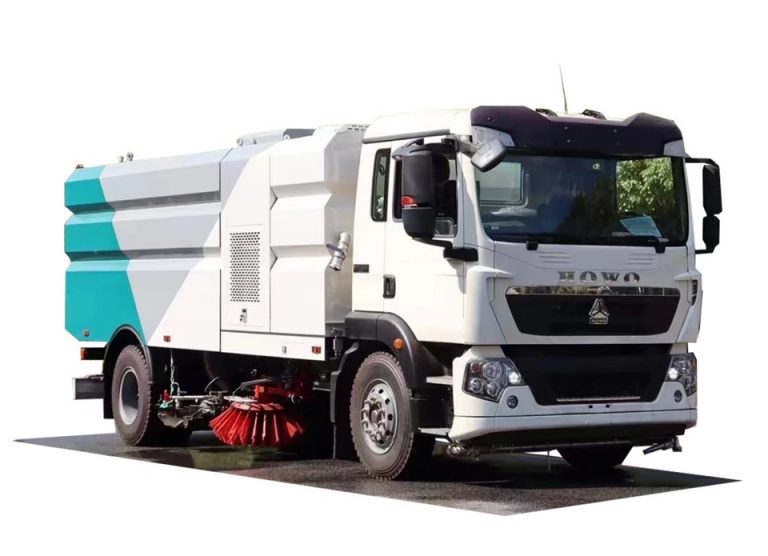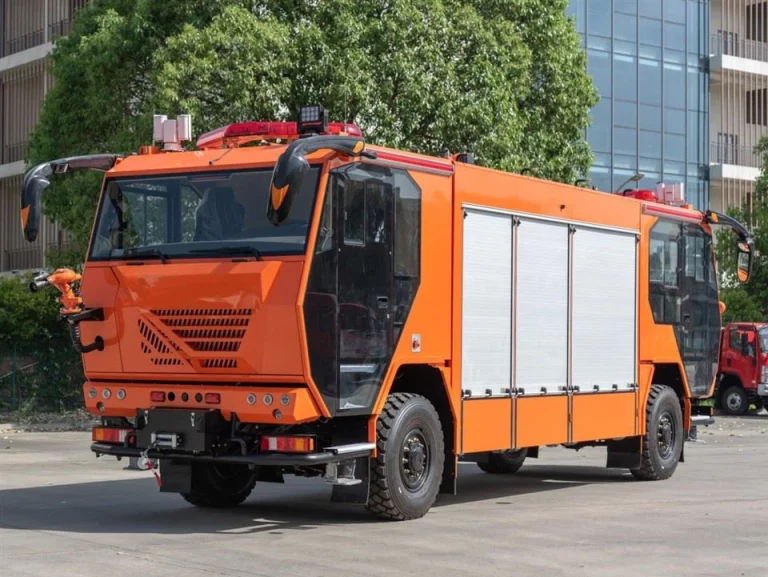Off road water trucks play a vital role across various industries, including construction, agriculture, and landscaping. These specialized vehicles are designed to transport and dispense water in rugged terrains, ensuring efficiency and reliability in operations that require water supply in remote or challenging locations. In this comprehensive guide, we will explore everything you need to know about off road water trucks, including their features, benefits, and practical applications.
Table of Contents
- What is an Off Road Water Truck?
- Key Features of Off Road Water Trucks
- Types of Off Road Water Trucks
- Benefits of Using Off Road Water Trucks
- Applications of Off Road Water Trucks
- Buying Guide for Off Road Water Trucks
- Maintenance Tips for Off Road Water Trucks
- Practical Examples of Off Road Water Truck Use
- Frequently Asked Questions
What is an Off Road Water Truck?
An off road water truck is a specialized vehicle designed for transporting water to remote locations where traditional trucks may struggle. These trucks are equipped with large tanks, rugged tires, and powerful engines to handle rough terrains. The primary purpose of an off road water truck is to provide water for various applications, including dust control, agricultural irrigation, and construction site needs.
Key Features of Off Road Water Trucks
1. Durable Construction
Off road water trucks are built to withstand challenging environments. They typically have reinforced frames and heavy-duty components that enhance their durability.
2. Tank Capacity
Most off road water trucks come with large tanks that can hold anywhere from 1,000 to 5,000 gallons of water, depending on the size and model of the truck.
3. All-Terrain Capability
These trucks are equipped with off road tires and advanced suspension systems, allowing them to navigate muddy, rocky, and uneven surfaces with ease.
4. Water Dispensing Systems
Many off road water trucks feature integrated water dispensing systems that allow operators to control the flow and direction of water based on specific needs, such as dust control or irrigation.
5. Engine Power
Powerful diesel engines are common in off road water trucks, providing the necessary torque and horsepower to tackle steep inclines and rough terrain.
Types of Off Road Water Trucks
1. Standard Off Road Water Trucks
Standard models are the most common type, used for general transport and delivery of water in construction and industrial settings.
2. Agricultural Off Road Water Trucks
These trucks are specifically designed for farming operations, equipped with features that facilitate irrigation and other agricultural water needs.
3. Dust Control Water Trucks
Water trucks used for dust control are fitted with spraying systems that help manage dust on roads and construction sites, enhancing safety and air quality.
4. Firefighting Off Road Water Trucks
Specialized trucks equipped with firefighting capabilities, such as pumps and hose reels, are designed for quick response in case of wildfires or emergencies.
Benefits of Using Off Road Water Trucks
1. Increased Efficiency
Off road water trucks can transport large volumes of water quickly, helping to maintain productivity on job sites where water is needed urgently.
2. Versatility
These trucks can be used for various applications, making them a valuable asset in different industries.
3. Improved Safety
By managing dust and providing water in construction and agricultural settings, off road water trucks help improve safety for workers and the surrounding environment.
4. Cost-Effective Solution
Using an off road water truck can significantly reduce the need for multiple water sources, leading to reduced operational costs.
Applications of Off Road Water Trucks
1. Construction Sites
Off road water trucks are commonly used on construction sites for dust control, ensuring a safer work environment and compliance with environmental regulations.
2. Agricultural Irrigation
Farmers use these trucks to transport water for irrigation to crops in areas without direct access to water sources.
3. Forestry Management
In forestry management, off road water trucks are utilized for firebreaks and maintaining moisture levels in forested areas.
4. Mining Operations
Water trucks are essential in mining for dust suppression and maintaining operational efficiency in extracting minerals.
Buying Guide for Off Road Water Trucks
1. Assess Your Needs
Determine the specific applications and environments where the truck will be used to select the right model.
2. Tank Size
Choose a tank size that aligns with your water supply needs, considering transport frequency and site requirements.
3. Engine Power
Look for trucks with an engine capable of handling the terrains and loads you expect to encounter.
4. Brand and Model Reviews
Research different brands and models, focusing on customer reviews and professional evaluations to find reliable options.
5. Budget Considerations
Set a realistic budget that includes purchase, maintenance, and operational costs.
Maintenance Tips for Off Road Water Trucks
1. Regular Inspections
Conduct regular inspections to ensure all mechanical parts, including the pumping and spraying systems, are functioning correctly.
2. Clean Water Tanks
Periodically clean the water tanks to prevent the buildup of sediment and bacteria.
3. Tire Care
Inspect and maintain the tires regularly to ensure optimal traction and performance in off-road conditions.
4. Follow Manufacturer Guidance
Always adhere to the maintenance schedule and recommendations provided by the manufacturer for prolonged vehicle life.
Practical Examples of Off Road Water Truck Use
1. Dust Control at Construction Sites
For instance, a construction company may use an off road water truck equipped with a spray system to manage dust on a large site, improving visibility and worker safety.
2. Agricultural Irrigation
A farmer in a rural area can utilize an off road water truck to transport water from a river to irrigate crops, ensuring consistent growth even during dry spells.
3. Firefighting in Wilderness Areas
Fire departments can deploy an off road water truck equipped with hoses to tackle wildfires in difficult terrain, providing crucial support in emergency situations.
Frequently Asked Questions
1. What types of terrains can off road water trucks handle?
Off road water trucks are specifically designed to handle rugged and uneven terrains such as mud, rocks, sand, and steep inclines.
2. How much water can an off road water truck hold?
The water capacity of off road trucks typically ranges from 1,000 to 5,000 gallons, depending on the model.
3. Are off road water trucks environmentally friendly?
Yes, when used for dust control and irrigation, off road water trucks help minimize environmental impact by preventing dust pollution and facilitating sustainable farming practices.
4. How do I maintain an off road water truck?
Regular inspections, cleaning the water tanks, maintaining tire pressure, and following the manufacturer’s maintenance schedule are essential for keeping an off road water truck in optimal condition.
5. Where can I find off road water trucks for sale?
Many equipment dealerships, online marketplaces, and manufacturers offer off road water trucks for sale, both new and used options are available.
6. Can I rent an off road water truck?
Yes, many equipment rental companies offer off road water trucks for short-term and long-term rentals to meet various operational needs.

